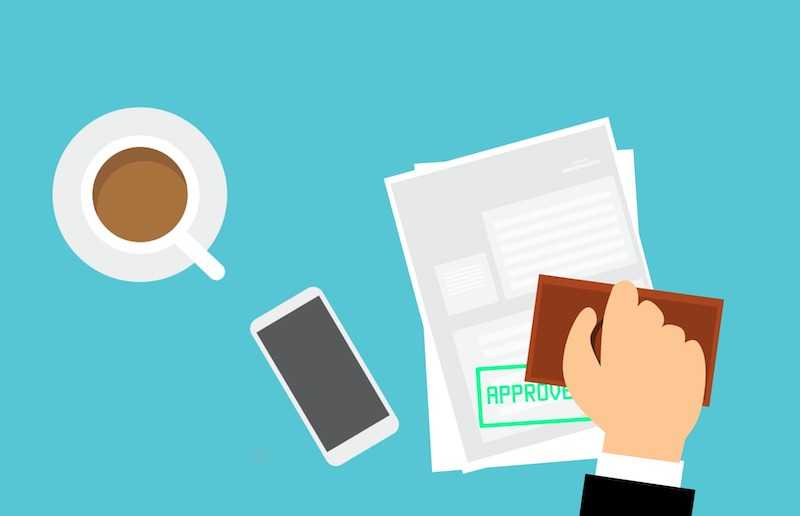Prequalifying for a mortgage loan is pretty easy. Yet, It’s practically purposeless.
Having a pre-qualification letter just indicates that you discussed your financial situation with someone at the mortgage lender’s office. It indicates that you did not provide any documentation. And the lender didn’t verify any of the verbal information that you gave them.
It indicates that the lender merely considered the broader guidelines. And concluded that you are likely to be approved for a loan of up to a certain amount. Then the lender issued you a letter stating that they have pre-qualified your loan application.
Most pre-qualification letters include paragraphs starting with “this is subject to”. This is followed by a list of several items that would be required before the lender can issue approval.
Homebuyers, and real estate professionals who rely on such letters, often get their offers rejected. When I see pre-qualification letters like this while representing a seller, I recommend to my client that they decline the offer. It’s because this letter does not indicate that the buyer has the funds to complete the transaction.
If your offer to purchase a home is to carry any weight, it must include an underwritten pre-approval letter.
For you to obtain such a letter, you will need to submit all of the documents that we discussed in the previous section. The lender will then verify the information on those documents. Some of the verifications are done verbally, others in writing. After the verification process is complete, the lender will do an initial underwriting.
Most lenders use automated underwriting systems for loan approval. They submit your loan application through the underwriting system. The system will either reject or approve the loan application. It will also produce either a list or reasons for rejection or a list of the approval conditions.
Because it is at such an early stage, even a rejection, accompanied by the reasons for the loan being rejected is very helpful. Your loan officer can go through the specifics with you and make recommendations. There will be a list of conditions attached to the underwriter’s approval. This list will identify precisely what you need to provide for the loan to be finalized. Apparent reasons are present to vouch for the letter.
Because circumstances can change, lenders never issue a complete and final approval.
A fundamental or material change in your situation can disqualify you from the loan. Even though it was approved earlier. There are good reasons for this practice. For instance, you could lose your job a week before the closing of the house – such a material fact will prevent the lender from advancing the funds.
Lenders always check your credit just before closing. It is imperative that you do not undertake any out-of-the-norm expenses after your loan application was initially approved. You must wait until after the paperwork is complete and the transaction has closed. Are planning to make any big purchases? It is best to put that off until after the house is actually yours.
The nightmare scenario that can develop if you have any last-minute issues with the financing of your new home is never pretty. Often, it is very costly.
It is imperative that before you start the process of buying a house, you get a solid, fully underwritten loan approval. Make sure that you fully understand all of the loan conditions and stay within those guidelines. Take a look at our nine-point homebuying system here.


Comments (0)